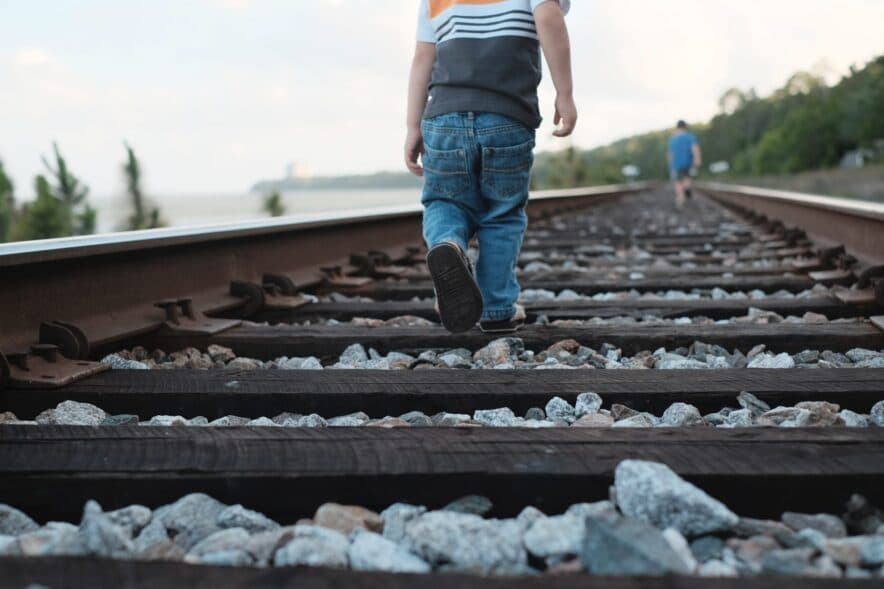Research
Australian parents are playing it too safe and need to embrace risk more, study shows

Freya Lucas
Oct 06, 2023
Save
New research from Deakin University has shown that the risk aversion of Australian parents is a determining factor in how physically active their children are.
In a world-first study looking at children's physical activity behaviours and their parents' attitudes towards risk and injury, more than three-quarters of parents expressed a low tolerance for adventurous play."We found 78 per cent of parents weren't keen on their children taking risks when they played, and put limits on things like climbing trees, riding bikes fast down hills, rough-housing and play-fighting," said Deakin PhD candidate Alethea Jerebine.
"The children whose parents were tolerant of risk were more physically active and played more adventurously than kids whose parents were risk averse,” she said.
“These children were around three times more likely to meet the Australian physical activity guidelines of an hour a day of 'huff and puff' physical activity, the kind of activity we know is good for their physical and mental development."
645 parents (81 per cent of whom were female) were surveyed for the research, and asked about what play activities they would let their child participate in, how they felt about play injuries, and their beliefs about the benefits of risk-taking.
"Our results show that although most parents recognise the benefits of risk-taking for their children, many are unwilling to allow their children to play adventurously. This suggests that they may be conflicted about the issue."
One father shared his perspective of parenting his daughter saying “school age children do not have the right judgement regarding risks. The level of challenge has to be limited and safety cannot be overlooked."
As a counter position, Ms Jerebine said providing children with the opportunity to experience risk “helps them learn about what they can and can't do, build confidence and independence, as well as how to manage risk and keep themselves safe.”
"We also know children have more mental health challenges, especially after the pandemic. Outdoor play can be a great way to support children's mental wellbeing as well as their physical development,” she added.
Access the study here.
Don’t miss a thing
Related topics
In The Field
Compliance
Understanding Children
Advocacy
Allied Fields
Innovative Research
Leadership
Professional development
General News
Legislation
Changes
Politics
Reporting
Examples
Affordability & Accessibility
Report Summaries
Supply & Demand
Events News
Services
Other
Marketplace
Products


















